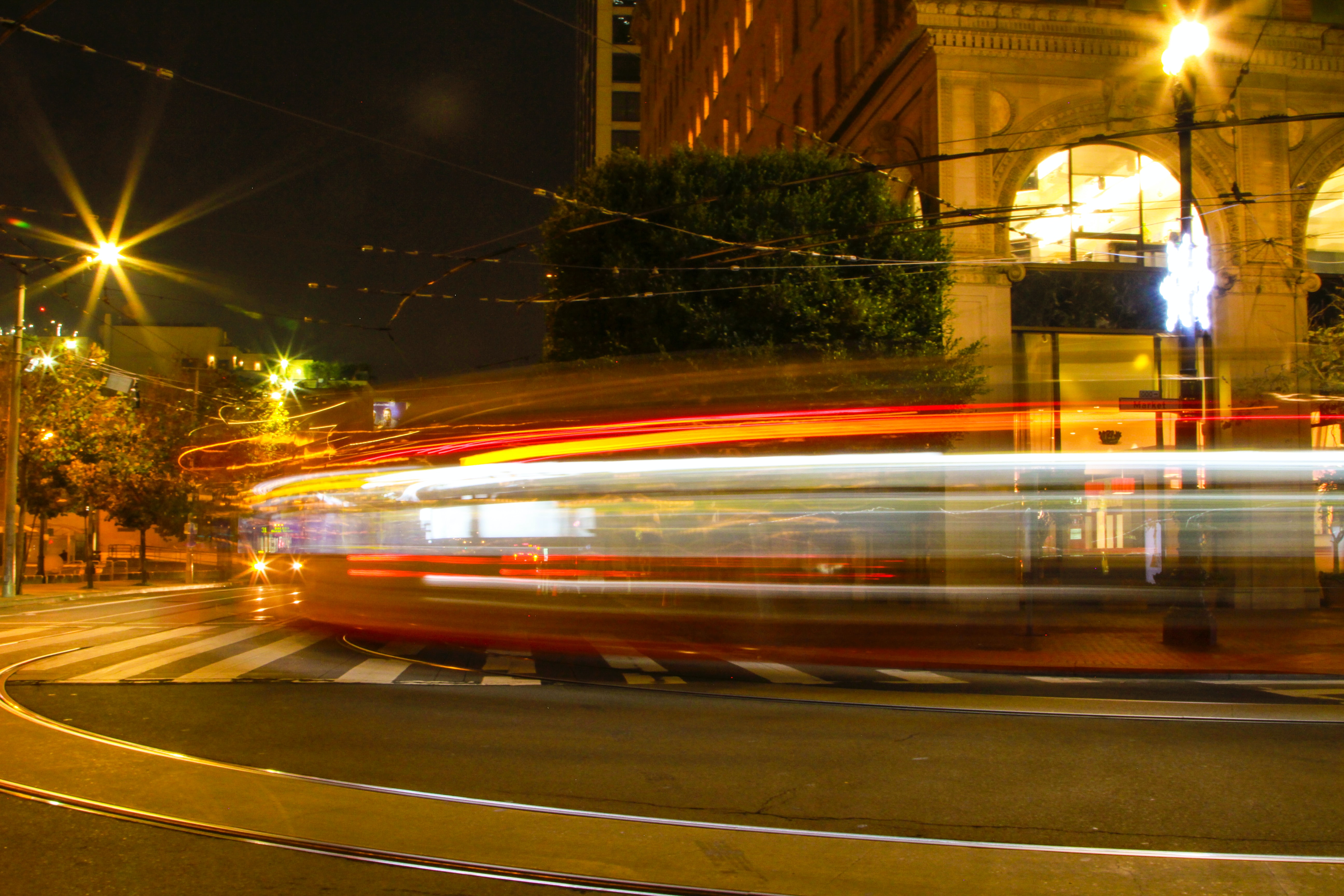2,440 Days Car Free

2,440 days ago, I sold my car and have not owned a car since. Likely, I have saved nearly $100,000 in car-related costs as a result of 7 years without a car. Car payments, insurance costs, fuel, maintenance, taxes, and repairs all add up quickly. Roughly $12,500/year for my old Audi A3.
Living in a city makes this car-free lifestyle possible. When trying to do the same outside of cities, I end up renting cars. However, in the city, I use multi-mode transport, which is a fancy way of saying "a bike, a taxi, a subway, a bus, and walking". I find I would rather walk for trips around 30 minutes total. Buses are easy and plentiful. Taxis/Uber are generally reliable now, but often the bus is faster due to dedicated "bus only" lanes around the city.
Transit app is the best way to find optimal options between destinations. I've learned and memorized new bus routes from using the app. After trying lots of different apps, I return to Transit every time.
The solution is not to convert from gasoline/diesel cars to electric cars. The solution is to vastly improve mass transit systems. Next up we're going to have air taxis and drones to get between destinations. One doesn't even have to ban cars, just prioritize them last behind pedestrians, bicyclists, and public transit. This study found that it helps everyone, even the car drivers in the heart of the city. As we discovered in the pandemic, a future with less cars is amazing.
The downside to public transit is time. It takes time to go the bus/subway routes, even if you try to minimize transfers between lines. You can read, write, think, watch videos, etc while en route. A taxi ride between destinations is usually fastest end to end. I find this is dependent on time of day. Lots of cities put time limits on bus only lanes, especially around "rush hour" in the mornings and evenings. Meaning, taxis aren't even allowed during these times. I'm able to read more books per month due to time spent on public transit, side effect of the time it takes.
All in all, I don't miss owning a car (of any kind). Here's to another 2,440 car-free days.
As an aside, it's really easy to calculate the number of days between any two dates in Julia:
julia -e 'using Dates; println(Date(2022,06,20) - Date(2015,10,15))'